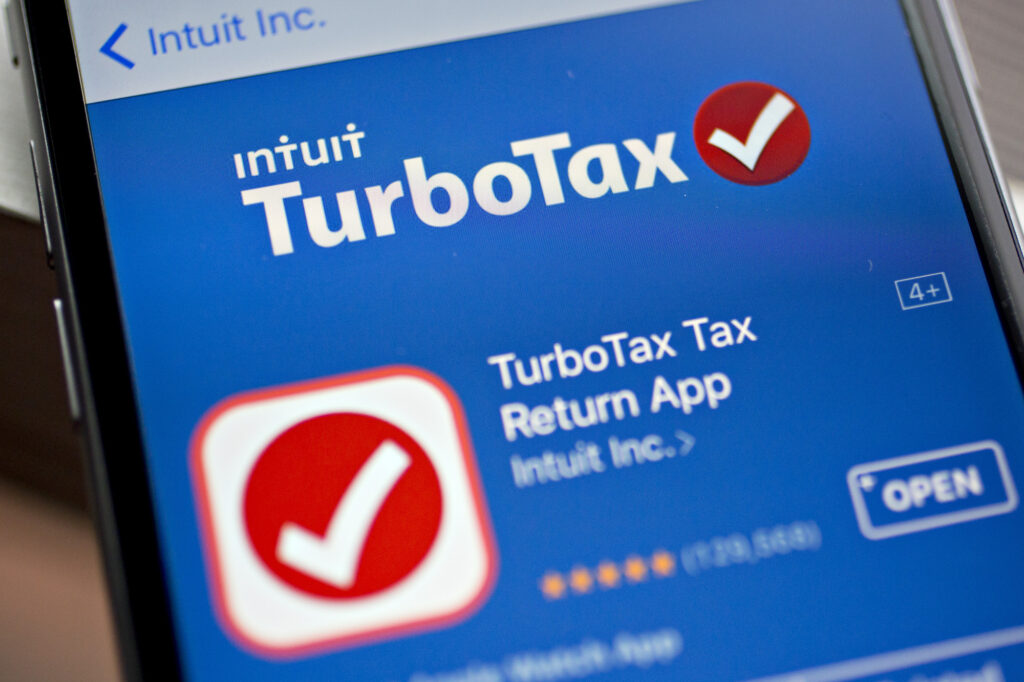As the popularity of cryptocurrency continues to rise, so does the necessity of understanding how to report these digital assets on your taxes. The IRS treats cryptocurrency as property, meaning that transactions involving digital currencies are subject to capital gains tax rules. TurboTax provides a streamlined way to report your cryptocurrency transactions, ensuring you comply with IRS regulations. Here’s a step-by-step guide on how to report cryptocurrency on TurboTax.
Gather Your Cryptocurrency Records
Before diving into TurboTax, ensure you have all necessary records related to your cryptocurrency transactions. This includes:
Purchase Records: Dates and amounts of cryptocurrency purchases.
Sale Records: Dates, amounts, and proceeds from cryptocurrency sales.
Exchange Transactions: Details of any crypto-to-crypto trades.
Income Records: Any cryptocurrency received as payment for services, mining rewards, staking rewards, or airdrops.
Understand the Types of Transactions
It’s crucial to differentiate between the types of transactions, as they are reported differently:
Capital Gains/Losses: For selling or trading cryptocurrency.
Ordinary Income: For receiving cryptocurrency as payment, mining rewards, staking rewards, or airdrops.
Choose the Right TurboTax Product
TurboTax offers several products, but TurboTax Premier is generally the most suitable for handling investment and cryptocurrency transactio\ ns. It includes features specifically designed for reporting investment income and gains.
Import Your Cryptocurrency Transactions
TurboTax allows you to import your cryptocurrency transactions directly, which can save you a lot of time. Here’s how:
Log in to TurboTax and start a new tax return or continue an existing one.
Navigate to the Wages & Income section.
Find the Cryptocurrency Section: Scroll down to the “Investment Income” section and select “Cryptocurrency”.
Import Transactions: TurboTax supports direct imports from various cryptocurrency exchanges. Follow the prompts to import your transactions from supported exchanges or upload a CSV file with your transaction data.
Manually Enter Transactions (If Needed)
If you cannot import your transactions, you’ll need to enter them manually:
Select Add Cryptocurrency Transactions: In the Cryptocurrency section, choose to manually add transactions.
Enter Details: Provide details for each transaction, including the date of acquisition, date of sale or exchange, cost basis, and proceeds.
Review Your Entries
After importing or manually entering your transactions, review the details to ensure accuracy. Check the following:
Dates: Make sure the acquisition and sale dates are correct.
Amounts: Verify the cost basis and proceeds for each transaction.
Classification: Ensure transactions are correctly classified as either short-term or long-term, based on the holding period.
Report Income from Cryptocurrency
If you received cryptocurrency as income, report it as ordinary income:
Navigate to Income Section: In the Wages & Income section, find the “Other Common Income” category.
Select Cryptocurrency: Report any income from crypto payments, mining, staking, or airdrops.
Enter Details: Provide the value of the cryptocurrency at the time you received it.
File Your Tax Return
Once you’ve entered all your cryptocurrency transactions and income, TurboTax will calculate your capital gains or losses and any income tax owed. Review your entire tax return for accuracy, then file it electronically through TurboTax.
Tips for Using TurboTax with Cryptocurrency
Use Tax Software: Consider using tax software like CoinTracker, which integrates with TurboTax to simplify importing and tracking your cryptocurrency transactions.
Keep Records: Maintain detailed records of all your cryptocurrency transactions throughout the year to make tax reporting easier.
Consult a Tax Professional: If you have complex transactions or large volumes of trades, consulting a tax professional may be beneficial.
Reporting cryptocurrency on TurboTax can seem daunting, but with organized records and a clear understanding of the process, it becomes much more manageable. By following these steps, you can ensure that your cryptocurrency transactions are accurately reported, helping you stay compliant with IRS regulations and avoid any potential issues.
Understanding the nuances of cryptocurrency taxation can further streamline the reporting process and ensure accuracy. Here are additional considerations to keep in mind when reporting cryptocurrency on TurboTax:
Tax-Loss Harvesting
If you’ve incurred losses from your cryptocurrency investments, you can use those losses to offset other capital gains. This is known as tax-loss harvesting. TurboTax allows you to:
Enter Capital Losses: Report your cryptocurrency losses alongside your gains to reduce your taxable income.
Carryover Losses: If your losses exceed your gains, you can carry over the remaining losses to future tax years, reducing your taxable income in those years as well.
Reporting Crypto-to-Crypto Transactions
Crypto-to-crypto transactions (e.g., trading Bitcoin for Ethereum) are taxable events. Each trade must be reported as a sale of the original cryptocurrency and a purchase of the new one. Ensure you:
Record Each Trade: Note the fair market value of each cryptocurrency at the time of the trade.
Calculate Gains/Losses: Determine the capital gain or loss for each trade based on the difference between the purchase price of the original cryptocurrency and the value at the time of the trade.
Reporting Staking and Mining Rewards
Rewards from staking and mining are considered taxable income. Report these as:
Ordinary Income: The fair market value of the rewards at the time you receive them is taxable as ordinary income.
Capital Gains: If you later sell the staked or mined cryptocurrency, you’ll need to report any capital gains or losses based on the value at the time of the sale.
Handling Airdrops and Forks
Airdrops and forks are unique events in the cryptocurrency world and have specific tax implications:
Airdrops: The fair market value of the airdropped cryptocurrency at the time it was received is considered ordinary income.
Forks: If you receive new cryptocurrency from a fork, the fair market value at the time it was received is also considered ordinary income.
Using TurboTax’s Cryptocurrency Calculator
TurboTax offers a cryptocurrency calculator to help you accurately calculate your gains and losses. This tool can:
Automate Calculations: Automatically calculate gains and losses based on your transaction history.
Ensure Compliance: Ensure your calculations comply with IRS guidelines, reducing the risk of errors.
Common Challenges and How to Overcome Them
Reporting cryptocurrency transactions can come with challenges. Here’s how to tackle some common issues:
Incomplete Records
If you have incomplete records of your transactions, try the following:
Exchange Records: Download transaction histories from all exchanges you’ve used.
Blockchain Explorers: Use blockchain explorers to trace transactions if you’ve lost exchange records.
Multiple Exchanges
Managing transactions across multiple exchanges can be complex:
Centralize Records: Use a portfolio tracker to centralize your transaction records from all exchanges.
Import Tools: Take advantage of TurboTax’s import tools to streamline the process.
Complex Transactions
Handling complex transactions, such as margin trading or decentralized finance (DeFi) activities, requires careful attention:
Detailed Tracking: Keep detailed records of all complex transactions, including timestamps, values, and involved parties.
Professional Help: Consider consulting a tax professional experienced in cryptocurrency to navigate complex transactions.
Final Steps: Reviewing and Filing Your Return
After entering all your cryptocurrency transactions and ensuring accuracy, the final steps are:
Review Your Return
Double-Check Entries: Ensure all transactions are accurately entered and classified.
Use TurboTax’s Review Feature: Utilize TurboTax’s review feature to catch any potential errors or omissions.
File Your Return
E-file with TurboTax: Electronically file your tax return through TurboTax for a faster and more efficient process.
Keep Copies: Maintain copies of your filed return and all supporting documents for your records.
Reporting cryptocurrency on TurboTax is a detailed process, but following these steps can help ensure compliance and accuracy. By staying organized, understanding the different types of transactions, and leveraging TurboTax’s features, you can efficiently report your cryptocurrency activities and fulfill your tax obligations. If in doubt, consulting a tax professional can provide additional peace of mind and guidance.






